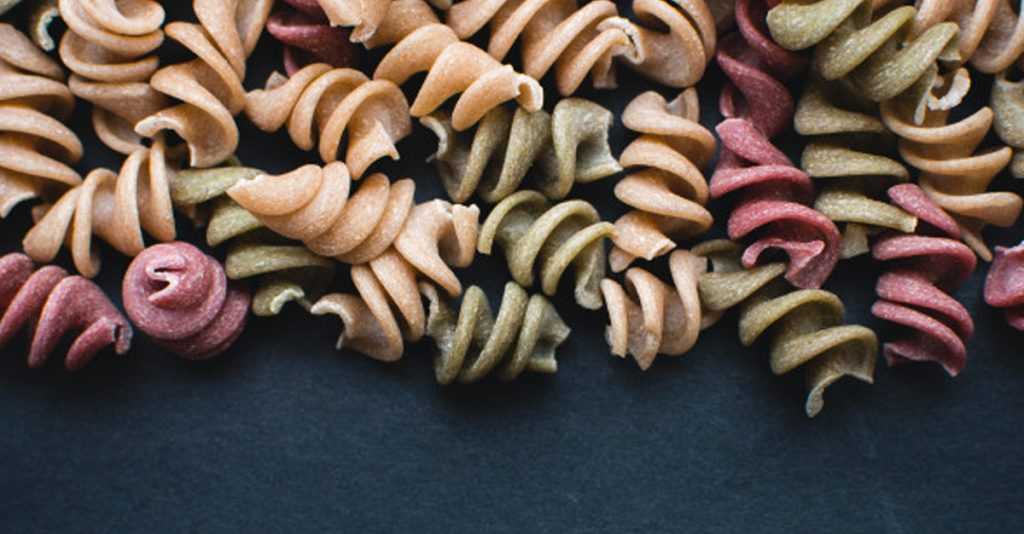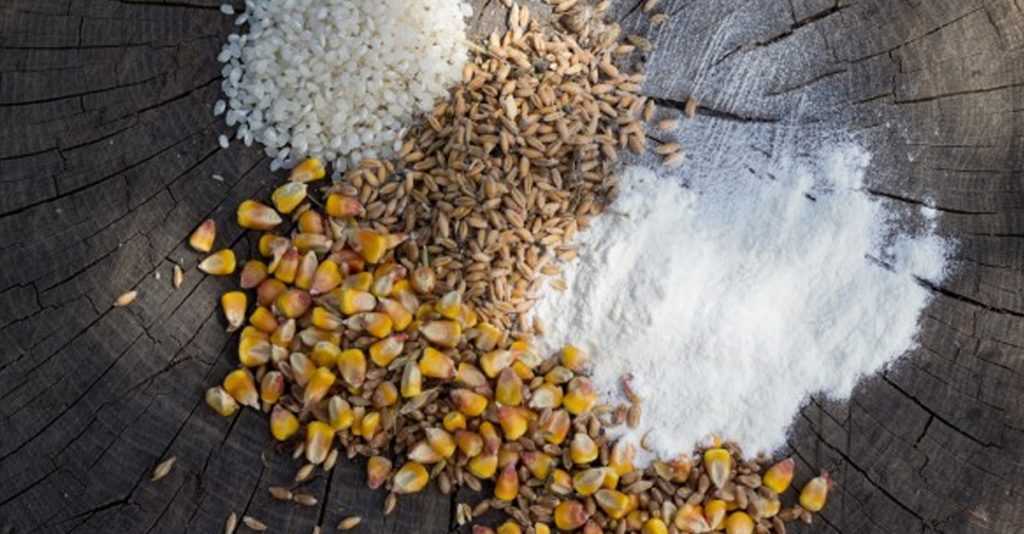Last week, I was at my friend’s place for high tea. The party was going so well, everyone was enjoying themselves. But then one of our friends refused to eat anything because she didn’t find any gluten-free food item. We all were surprised especially me because it was something new for me. Okay! Maybe you’re thinking is she living under a rock? But whatever it is; that’s true I didn’t know about gluten-less diet before. That was the first time when I got to know about this. And of course being a writer I am curious to learn new things. I did detail research on it and realized that many people are interested in the gluten-free way of life. In case, you’re too unfamiliar about this, I’ll give you a little medical information about gluten.
What Is Gluten?
Gluten is a mixture of proteins found in wheat, rye, and barley. It activates the process leading to penetration of undigested blocks of protein into the blood which results in the immune system starting to produce substances aimed against its own cells. This may further cause inflammation of the mucosa and development of malabsorption.
There is a modern concern that gluten is somehow not good for health. However, there is also no clear proof of whether a gluten-free diet is healthier or not. Despite the lack of scientific clarity, if you still want to live a gluten-free life then must know these things.


A Gluten less Diet May Not Help You Lose Weight:
There is no scientific research that shows a gluten-free diet will help you to reduce weight. Most of the gluten-free products are typically higher in carbohydrates. So, if you’re losing some weight then it is most likely attributed to your overall healthier eating. But it has nothing to do with cutting out gluten products.
Gluten-Free Diet May Lead You To Deficiencies:
Glutenless products are low in fiber and iron. This is the reason why some experts don’t recommend a gluten-free diet for a perfectly healthy person. If you substitute too many of these products then it can lead you to deficiencies in essential vitamins and minerals.
Gluten-Free Products Can Have More calories:
Like I’ve said before, there’s no evidence that a glutenless diet has many health benefits. In facts, gluten-free products can have more calories, which can become fattening than the foods they’re meant to replace. So, you should first consult with the dietician before going gluten-free.


Nowadays, a glutenless diet is a trend but for some people, the change in eating habits is really important. If you have long-term digestive problems like constipation, diarrhea, bloating, and abdominal pain, then it is best for you to limit your gluten intake. However, it is still advisable to consult with the specialist before taking any actions.

